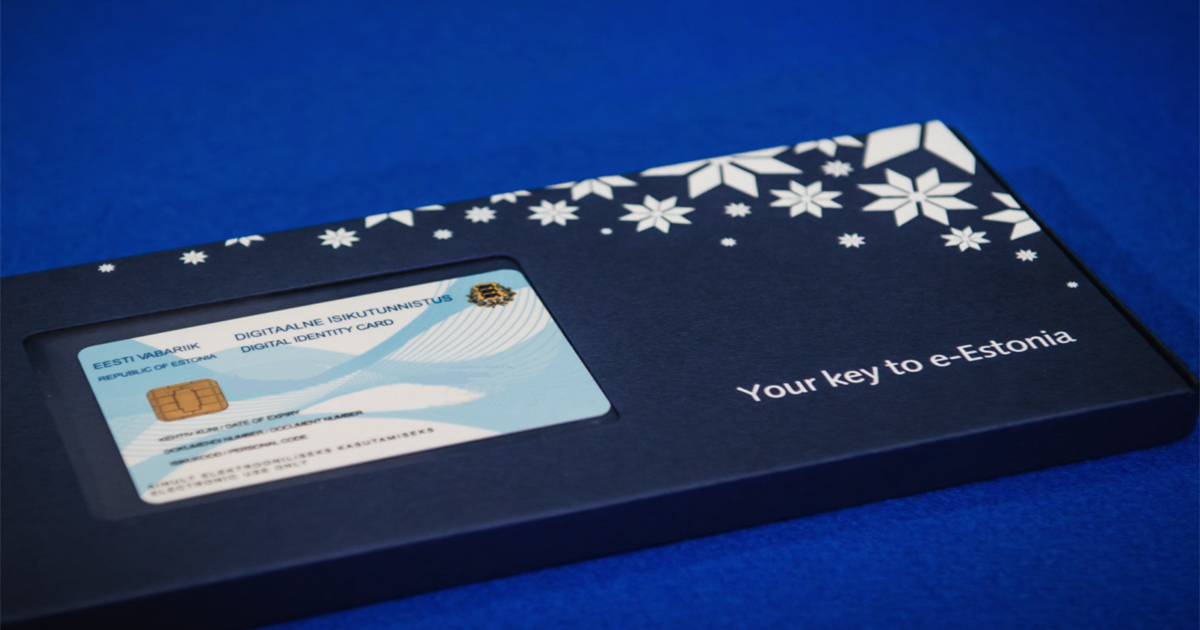The shareholders of companies listed on Nasdaq’s Tallinn Stock Exchange can soon start voting in shareholder meetings using e-voting through Estonia’s e-residency platform.
As part of the programme’s pilot, shareholders who are Estonian or Estonian e-residents will be able to participate in the corporate governance of companies more conveniently, Nasdaq said in a statement. The pilot is aimed to launch in 2016, the stock exchange corporation added.
“I’m delighted Nasdaq will be using the e-residency platform to offer shareholders a new e-voting system,” Kaspar Korjus, the e-residency programme director, said. “When we started the e-residency project a year ago, we knew we would change the way people think about nations and citizenship. Now, via our e-voting collaboration with Nasdaq, we will be revolutionising corporate governance.”
“Estonia’s robust information society and forward thinking coupled with the agility its size affords, creates a unique opportunity to premiere the e-voting pilot in Estonia,” Hans-Ole Jochumsen, the president of Nasdaq, said. “We’re excited to see the development of this project over the coming months and look forward to working closely with the government of Estonia to set a transformative example of the future of governance.”
E-residency
Estonia made history in December 2014 by starting the first supranational e-residency scheme in the world – a state-issued, secure digital identity for non-residents that allows digital authentication and the digital signing of documents – thus moving towards the idea of a country without borders.
The Estonian e-residency programme allows anyone in the world to become a digital resident of Estonia. Not only can Estonian e-residents easily found and manage Estonian companies online, they can also digitally authenticate themselves and sign documents with an electronic ID card and a PIN.
Estonia’s first e-resident was the Economist’s senior editor Edward Lucas, who called the E-resident’s card an “Estonian Express” that offers a degree of security, convenience and privacy that no other national ID scheme does. In a short period of time, thousands of foreign entrepreneurs, professionals and media figures have followed Lucas’s suit to become Estonian e-residents, among them Shinzō Abe – the Prime Minister of Japan.
I
Cover photo by Siiri Lind


